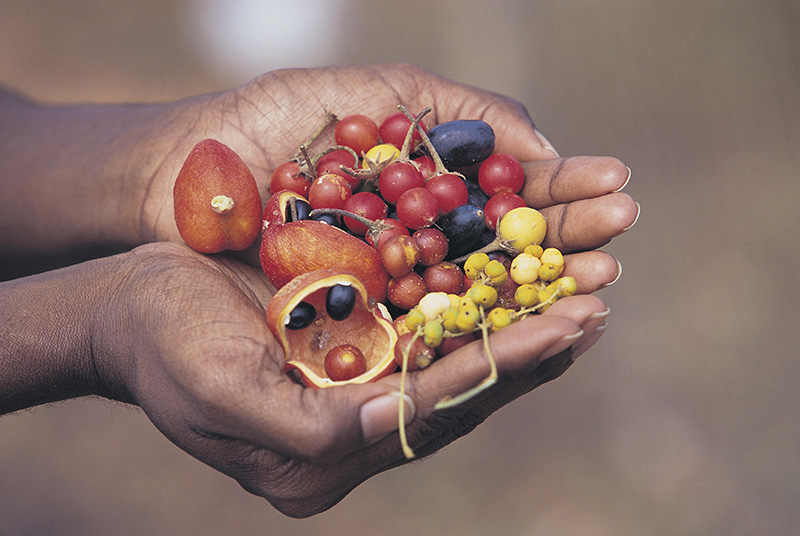Reconsidering the Role of Plant Foods in Hominin Diets

The School of Human Evolution and Social Change presents evolutionary ecologist Chelsea Leonard.
Several lines of evidence suggest that a shift toward increased meat consumption was crucial in supporting unique adaptations in the genus Homo. The archaeological visibility of early hominin meat consumption, compelling ethnographic accounts of large game hunting and recent trends in nutritional science all highlight the potential importance of animal foods in hominin diets. However, ethnographic observations suggest that plants are a critical resource for mid- and low-latitude foragers. In this talk, Leonard compares general nutritional properties of plant and animal foods and discusses the plant-based dietary strategy of Twe forager-horticulturalists in Namibia. Nutritional analysis of staple Twe plant foods indicates that plants play a significant role in helping the Twe meet daily nutritional requirements. Leonard uses her observations of Twe subsistence to draw inferences about the importance of plant foods in hominin diets and discusses methods for improving the archaeological visibility of plant consumption.
Chelsea Leonard's interests are human foraging decisions and diet reconstruction. She studies the foraging behavior of Twe Forager-horticulturalists and the nutritional properties of Twe foods. She works with dental calculus to answer questions about plant consumption in the past. Leonard is a member of the "Plant Foods in Hominin Dietary Ecology" research group at the Max Planck Institute for Evolutionary Anthropology and recently received her PhD from the University of Utah.

